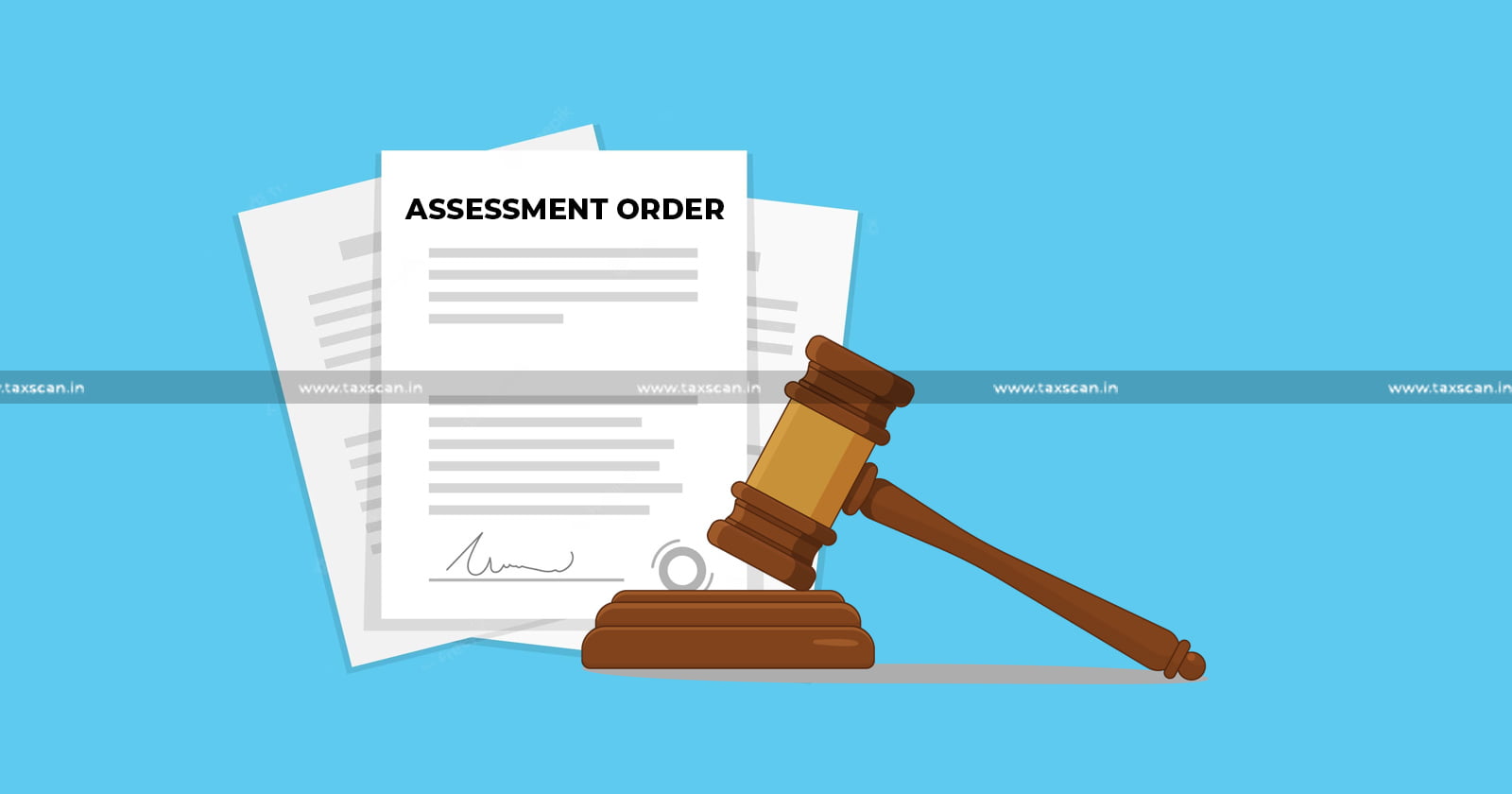Assessment order does not contain Discussion on Legal aspects Highlighted by PCIT in Notice used u/s 263(1) of Income Tax Act: ITAT Directs Re-Adjudication as to Claim u/s 80IA(4) of Income Tax Act

The Mumbai Bench of Income Tax Appellate Tribunal (ITAT) has directed adjudication as to claim under Section 80IA(4) of the Income Tax Act 1961 as the assessment order did not contain discussion on legal aspects highlighted by the Principal Commissioner of Income Tax (PCIT) in the notice used under Section 263(1) of the Income Tax Act.
The Appellant, Sudhir Vrundavandas Valia, filed return of income for the Assessment Year 2018-19 on 17/09/2018 declaring total income, the case of the Appellant was selected for scrutiny. Subsequently, on examination of assessment records, the PCIT noticed that one of the reasons for selection of the case of the Appellant for scrutiny was large deduction claimed by the Appellant under Section 80IA(4)(iv) of the Income Tax Act and Form 10CCB filed by the Appellant in respect of undertaking at Nasik was unsigned.
Further, as per the said Form 10CCB Assessment Year 2018-19 was the first Assessment Year of claiming deduction by the Appellant whereas the commissioning certificate filed by the Appellant was dated 04/04/2008 and was issued in the name of EMCO Ltd and this aspect had not been examined by the Assessing Officer.
The PCIT concluded that during the assessment proceedings the Appellant had failed to establish that any windmills were transferred by EMCO to the Appellant. In view of all the aforesaid, the PCIT formed a view that deduction claimed by the Appellant under Section 80IA(4)(iv) of the Act was not allowable, and the incorrect allowance of the same resulted in short levy of tax.
Vijay Mehta, on behalf of the assessee submitted that the windmills were originally commissioned by EMCO.The certificate of commissioning showing the initial year of commissioning as 2008 was issued to EMCO the original owner. The power was first generated from the windmills during the previous year relevant to Assessment Year 2007-08. Vide Purchase Agreement, dated 30/09/2016, the Appellant had purchased the undertaking consisting of three windmills
As per the provisions of Section 80IA of the Act, deduction could have been claimed for a period of 10 years out of 15 years and therefore, deduction was claimed by EMCO under Section 80IA(4)(iv) of the Act for the first time for the Assessment Year 2013-14 and the Form 10CCB was signed digitally and uploaded by the Chartered Accountant using login portal after affixing the digitally signature.
Kishor Dhule on behalf of the revenue submitted that in the Assessment Order, in relation to deduction claimed by the Appellant under Section 80IA(4) of the Income Tax Act, the Assessing Officer had merely stated that the relevant documents and justification had been verified.
He also contended that the Assessing Officer did not examine whether undertaking was formed by the transfer of plant or machinery previously used for any purpose even though the Appellant had claimed that the ownership of the windmill was transferred from EMCO to the Assessee by way of slump sale. Form 10CCB filed by the Appellant stated that the Assessment Year 2018-19 was the first year of claim of deduction by the Appellant.
The two-member Bench of B.R. Baskaran, (Accountant Member) and Rahul Chaudhary, (Judicial Member) on perusal of the Assessment Order, noted that the Assessment Order had not contain any discussion on the factual and legal aspects highlighted by the PCIT in the notice issued under Section 263(1) of the Income Tax Act pertaining to the claim of deduction under Section 80IA (4) of the Income Tax Act on account of which case of the Appellant was selected for scrutiny.
The Bench further directed re-adjudication allowed the ground with regard to claim under Section 80IA (4) of the Income Tax Act and partly allowed the concern regarding order under Section 263 of the Income Tax Act.
To Read the full text of the Order CLICK HERE
Support our journalism by subscribing to Taxscan premium. Follow us on Telegram for quick updates
Sudhir Vrundavandas Valia vs Principal Commissioner of Income Tax , 2023 TAXSCAN (ITAT) 2225 , Shri Vijay Mehta , Dr. Kishor Dhule

